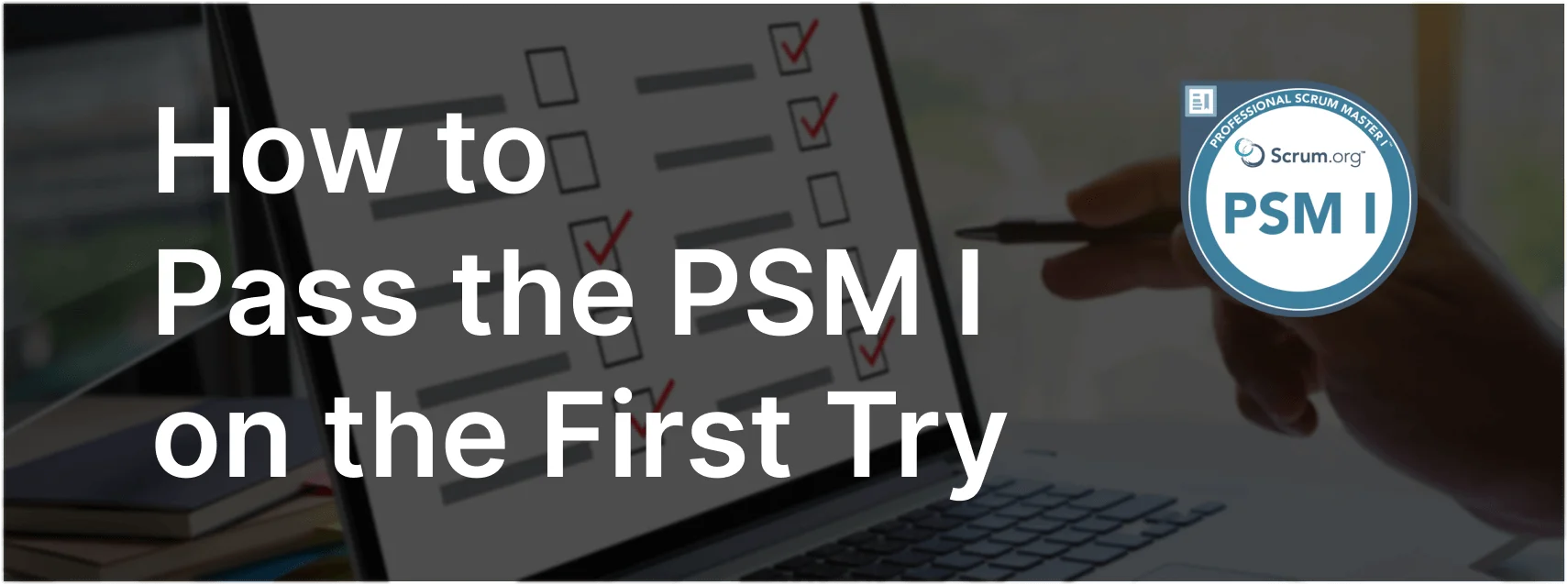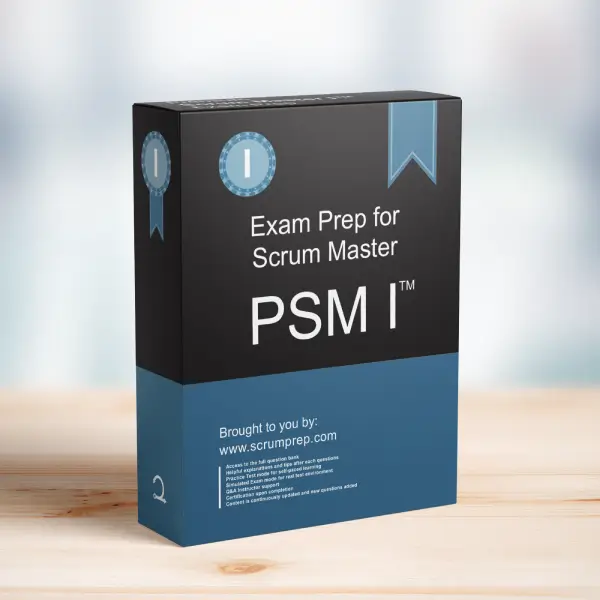Ideal Timing and Participation for Product Backlog Refinement
Product Backlog refinement is an essential activity in Scrum that ensures the Product Backlog items are well understood and ready for future Sprints. This article explores a specific exam question about the ideal timing for Product Backlog refinement and who should participate in it, providing detailed explanations and insights relevant to the PSM I exam.
Exam Question
If Product Backlog refinement is needed, when is the ideal time for refinement to take place and who should participate? (choose the best two answers)
- A. The Scrum Team during the current Sprint, if they have been unable during preceding Sprints to define Product Backlog items with enough precision to begin work.
- B. The Product Owner takes the time between the end of one Sprint and the start of the next Sprint to complete refinement.
- C. The Product Owner must do this as essential work in Sprint 0.
- D. The Scrum Team on an ongoing basis, defining Product Backlog items into smaller more precise items that are ready for selection.
- E. Business analysts in the organization should do this work for the Scrum Team 1-2 Sprints ahead of the development Sprints.
Correct Answers
A. The Scrum Team during the current Sprint, if they have been unable during preceding Sprints to define Product Backlog items with enough precision to begin work.
D. The Scrum Team on an ongoing basis, defining Product Backlog items into smaller more precise items that are ready for selection.
Explanation
Correct Answers
A. The Scrum Team during the current Sprint, if they have been unable during preceding Sprints to define Product Backlog items with enough precision to begin work: If the Scrum Team encounters difficulties with unclear Product Backlog items during a Sprint, they should take the time within the current Sprint to refine these items. This approach ensures that the team can start work on the items with enough precision in subsequent Sprints.
D. The Scrum Team on an ongoing basis, defining Product Backlog items into smaller more precise items that are ready for selection: Continuous refinement is a best practice in Scrum. It involves the Scrum Team regularly reviewing and refining the Product Backlog to ensure that items are well understood and ready for upcoming Sprints. This ongoing process helps maintain a flow of ready-to-work items and supports the team’s ability to meet their Sprint Goals effectively.
Incorrect Answers
B. The Product Owner takes the time between the end of one Sprint and the start of the next Sprint to complete refinement: This approach is not recommended as it implies that refinement is done outside the regular Sprint framework, which contradicts the iterative and continuous nature of Scrum.
C. The Product Owner must do this as essential work in Sprint 0: Scrum does not recognize the concept of “Sprint 0.” Refinement is an ongoing activity that should be integrated into the regular Sprints.
E. Business analysts in the organization should do this work for the Scrum Team 1-2 Sprints ahead of the development Sprints: This approach separates the refinement process from the Scrum Team, which is contrary to Scrum principles that emphasize team collaboration and self-management. The Scrum Team, including the Product Owner and Developers, should handle the refinement to ensure clarity and shared understanding.
Responsibilities in Scrum
- Product Owner: The Product Owner leads the refinement process, ensuring that the Product Backlog items are clear, detailed, and ordered. They collaborate with the Scrum Team to refine and prioritize items based on value and relevance.
- Scrum Master: The Scrum Master facilitates the refinement process, ensuring that it is done effectively and regularly. They help the team adhere to Scrum practices and remove any impediments that might hinder the refinement process.
- Developers: Developers actively participate in the refinement process, providing technical insights and estimates. Their involvement ensures that the Product Backlog items are actionable and well understood by the team.
Relevance to the PSM I Exam
Understanding the timing and participation in Product Backlog refinement is crucial for the PSM I exam. It demonstrates knowledge of Scrum practices and the importance of continuous refinement to maintain a well-prepared backlog. Mastering this concept ensures that Scrum Teams can effectively manage and execute their work.
Key Takeaways
- Product Backlog refinement should be done by the Scrum Team during the current Sprint if necessary and on an ongoing basis.
- Continuous refinement ensures that Product Backlog items are clear, detailed, and ready for selection in upcoming Sprints.
- Collaboration between the Product Owner, Scrum Master, and Developers is essential for effective refinement.
Conclusion
Product Backlog refinement is an ongoing activity that involves the entire Scrum Team to ensure that backlog items are well understood and ready for future Sprints. This continuous process supports effective Sprint Planning and helps the team achieve their goals. Understanding this concept is essential for effective Scrum implementation and success in the PSM I exam. For comprehensive preparation and practice exams, check out PSM I Exam Prep to enhance your understanding and application of Scrum principles.




